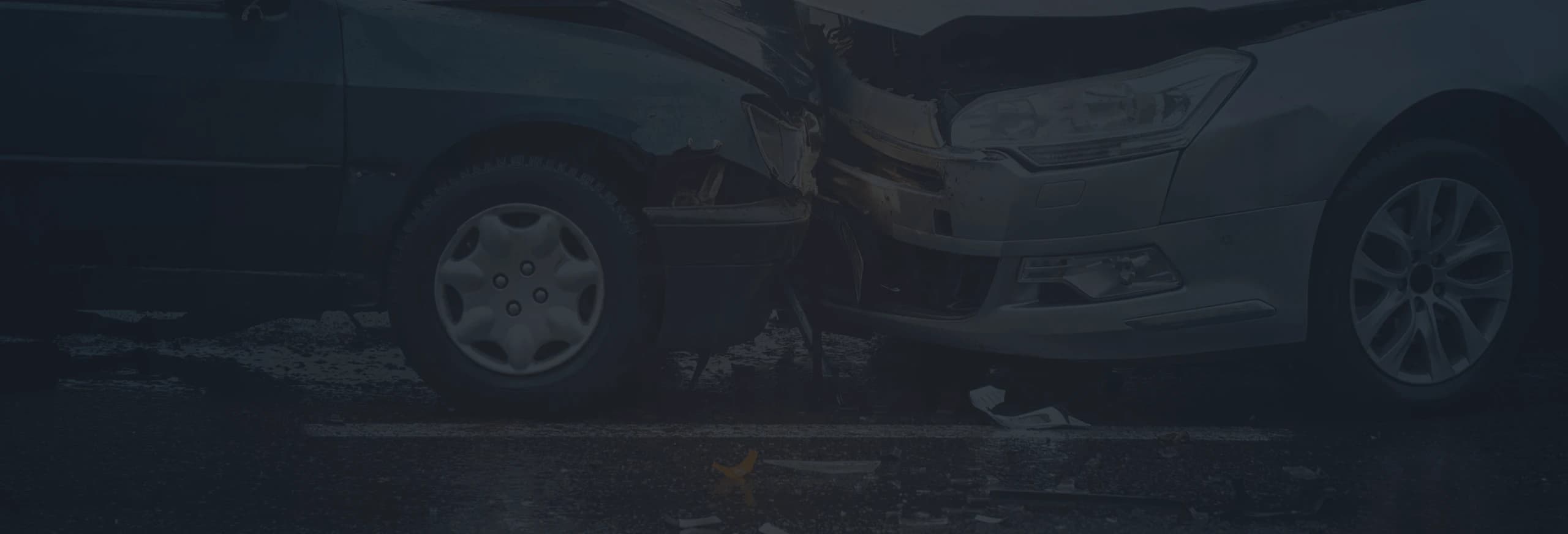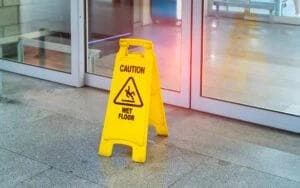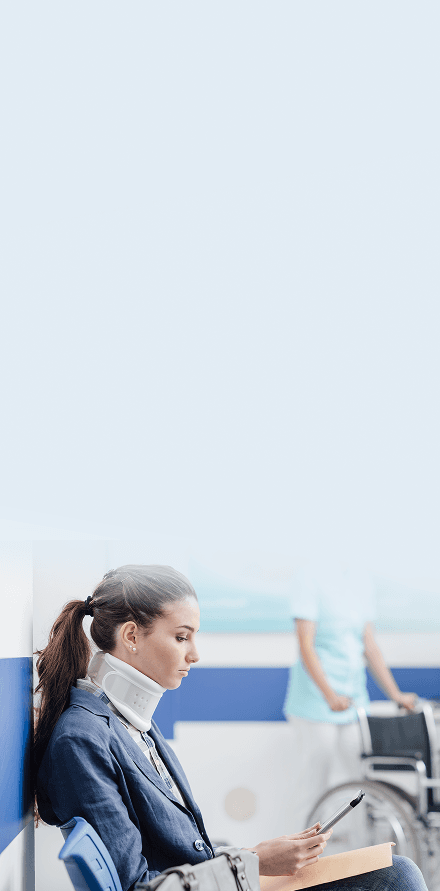
Slip and Fall Accident Lawyer in Phoenix

You run a quick errand to a neighborhood market, reach the dairy aisle, and—before you can react—your feet shoot forward on an invisible slick. The next thing you know, there’s a throb in your hip, a manager asking if you’re okay, and the nagging worry of what that fall just did to your body and your bank account.
Slip‑and‑fall incidents happen everywhere in Phoenix: grocery stores, apartment stairwells, hotel lobbies, parking lots that bake and crack in the desert sun. Many end in bruises you can shrug off. Others leave people facing fractured wrists, torn ligaments, or head injuries that rattle daily life for months. When a property owner’s neglect turns safe footing into a hazard, Arizona law gives you a chance to seek help with the bills, time off work, and lingering pain. A local slip‑and‑fall accident lawyer can guide you through that process—sorting facts, pushing reluctant insurers, and aiming for a fair outcome.
Below you’ll find the basics of why these accidents occur, how premises‑liability cases unfold in Phoenix, and steps that can protect your claim from day one.
Why Falls Happen in the Valley
Ask anyone who’s hobbled out of an ER in a wrist splint, and they’ll tell you: it doesn’t take much to go from upright to injured. The most common culprits around Phoenix include:
- Spilled liquids and produce on store floors that employees miss during busy hours.
- Uneven sidewalks baked by triple‑digit heat, causing cracks and raised slabs.
- Poor lighting in parking garages or stairwells that hides changes in elevation.
- Loose carpeting or warped floorboards inside older apartments.
- Puddles near entryways during rare but intense monsoon downpours.
Any of those hazards can send a shopper, tenant, or visitor to the ground. The Centers for Disease Control and Prevention reports that roughly one in five falls causes a serious injury such as broken bones or a head wound . While the CDC talks broadly about falls, property owners have a specific duty to address dangers they know—or should know—exist. Skipping that responsibility can open the door to a claim.
For a free legal consultation with a Personal Injury lawyer serving Phoenix, call (844) 343-9609
The Legal Foundation: Premises Liability
Under Arizona premises‑liability rules, owners and occupiers must keep their property reasonably safe for guests. The standard isn’t absolute perfection; it’s ordinary care. A fresh spill that nobody has noticed yet might not create liability. A puddle that sat for forty minutes, ignored by staff who walked past it, is another story.
Three elements generally shape a slip‑and‑fall claim:
- Hazard – A slick floor, broken step, or other dangerous condition.
- Knowledge – The owner created it, knew about it, or should have discovered it with routine inspections.
- Injury – The unsafe condition directly caused harm and measurable loss.
Building that chain of proof can’t happen overnight, especially when companies rush to mop floors, fix cracks, or swap lightbulbs after someone gets hurt. Quick documentation and legal guidance help preserve evidence before it disappears.
Personal Injury Lawyer Near Me (844) 343-9609
Evidence That Carries Weight
If you can move safely after a fall—or ask a companion to help—simple steps pay dividends later:
- Photos of the exact spot, showing puddles, debris, or broken flooring.
- Contact details for witnesses who saw the fall or the hazard beforehand.
- Incident reports filed with on‑site staff; request a copy or snap a photo.
- Footwear and clothing kept in their post‑accident condition.
Seek medical attention right away, even for what looks like a mild sprain. X‑rays or scans create a clear record linking your injuries to the event, not to a weekend hike or a pickup‑basketball game two days later.
Click to contact our personal injury lawyers today
Costs That Go Beyond the ER
The first hospital bill is rarely the last. People sidelined by falls often face:
- Follow‑up visits and imaging tests
- Physical or occupational therapy
- Prescription pain relievers and anti‑inflammatories
- Time off the job—or modified duties that reduce income
- Child‑care or ride‑share expenses if mobility tanks
The Arizona Department of Health Services notes that fall‑related hospitalization charges top hundreds of millions statewide each year . A claim that ignores future therapy sessions or lost earning power can leave you footing the difference long after insurance checks clear.
Complete a Free Case Evaluation form now
How a Phoenix Slip‑and‑Fall Lawyer Helps
Attorneys who tackle these cases focus on details that busy victims might overlook:
- Preserving video footage before a store records over it.
- Tracking inspection logs to see how often staff should have checked the area.
- Interviewing employees under oath about cleanup policies.
- Quantifying long‑term costs—from mobility aids to diminished wages.
Once evidence is in hand, a lawyer deals with the property owner’s insurer, which may claim your sandals were too slick or that you “should have seen” the hazard. If talks stall, filing suit keeps the pressure on and stops the statute‑of‑limitations clock.
Phoenix‑Specific Challenges
Our city’s environment adds twists not found elsewhere:
- Heat‑warped pavement in strip‑mall parking lots forms ridges that catch toes or walker wheels.
- Dust storms blow grit onto polished lobby floors, making them as slick as ice.
- Tourist traffic around events like spring‑training games puts crowds on unfamiliar walkways, raising the odds of overlooked spills.
A lawyer who works here regularly understands these patterns and can point to city codes or industry standards that property owners ignored.
Reputable Resources for Extra Reading
- Centers for Disease Control and Prevention – Falls Data: national statistics on injuries, costs, and prevention tips.
- Arizona Department of Health Services – Injury Prevention: reports on statewide fall hospitalizations and safety initiatives.
- Occupational Safety and Health Administration (OSHA): guidance on floor safety and hazard abatement in workplaces.
Reviewing these sites can clarify why regular inspections and prompt cleanup matter—and how skipped steps endanger visitors.
People Often Ask
What should I do right after slipping and falling?
Get medical help first. If you’re able, photograph the scene, notify a manager, and gather witness names. Save the shoes you wore and every medical record; they’re small pieces of a bigger puzzle.
How long do I have to bring a claim in Arizona?
For many premises‑liability cases you generally have two years from the date of injury, but earlier action helps lock down evidence. Claims involving government‑owned property can require shorter notice periods.
Can I recover damages if I was looking at my phone when I fell?
Possibly. Arizona applies comparative fault, so even if you share some blame you might collect a reduced percentage of your damages. An attorney can weigh how that rule fits your circumstances.
A sudden fall can leave more than bruises; it can rattle finances and shake confidence in everyday outings. When an overlooked hazard upends your routine, you deserve a clear explanation of your rights and realistic options for relief. Speaking with a Phoenix slip‑and‑fall accident lawyer is one practical step toward steady footing—financially, physically, and emotionally—as you work to put the pieces back together.
For a free consultation, call (844) 343-9609
Get an agent on the line in seconds
Responsive
Legal Assistance
Our personal injury attorneys advocate for the funds necessary to cover bills, secure medical treatment, recoup lost wages, and provide compensation for your pain and suffering.
Are you facing unfair treatment from the insurance company?
Do you know the value of your case?
Is the insurance company asserting that the accident is your responsibility?

We'll get back to you ASAP.
Get Your Free Consultation
You Pay Nothing Unless We Recover Compensation For You
